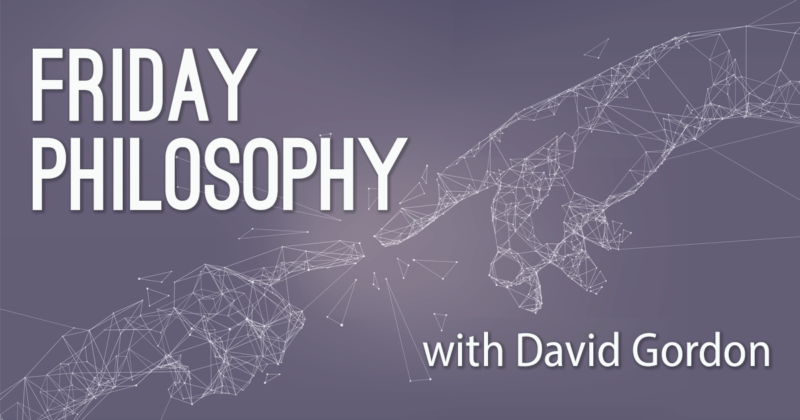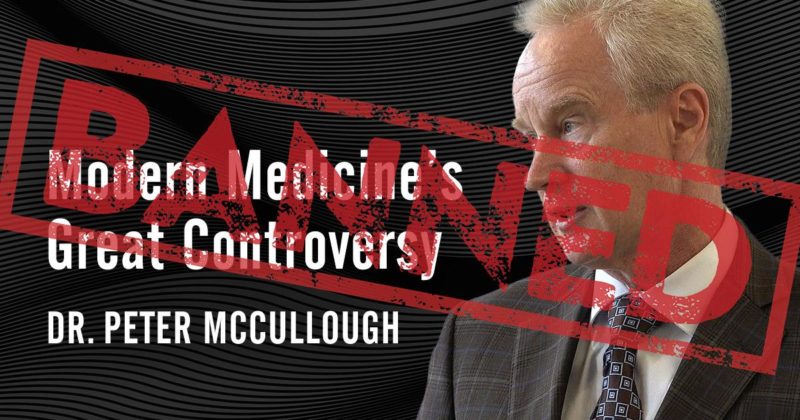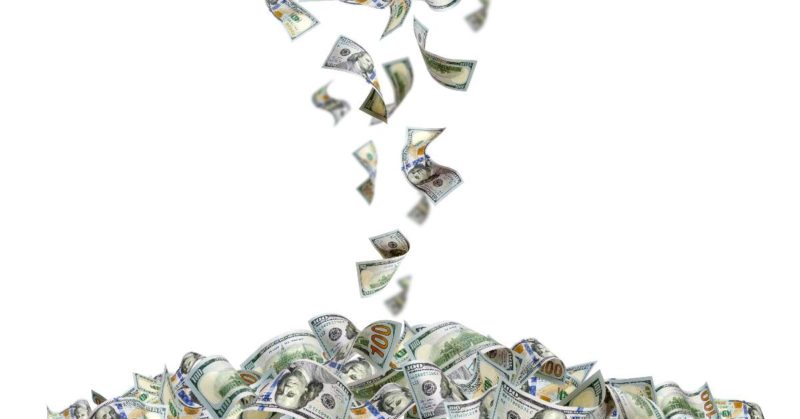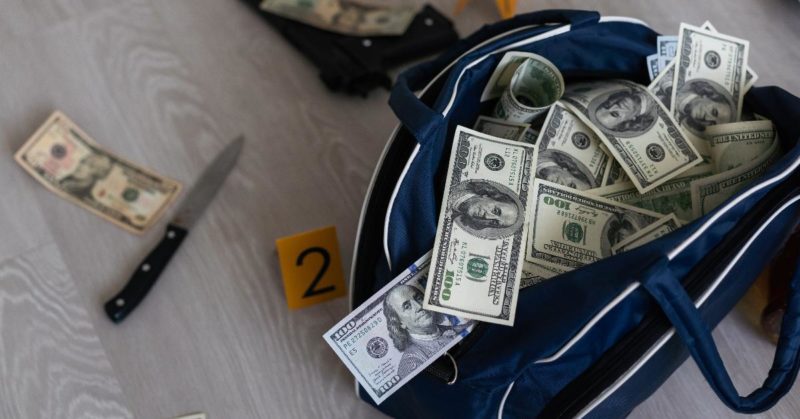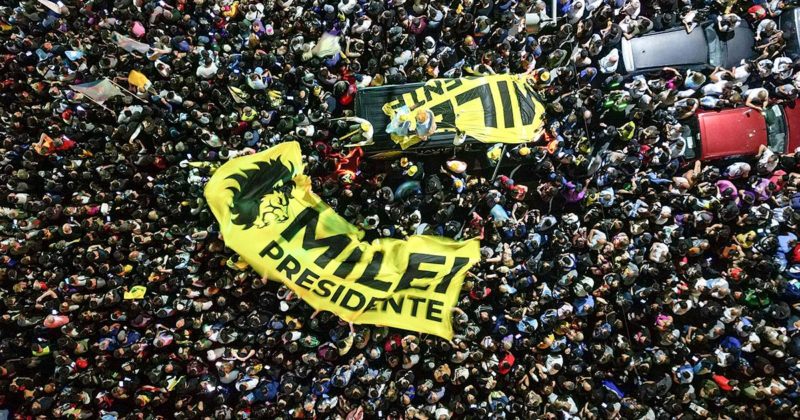Category Archive: 6b.) Mises.org
The Fed Is Draining Our Economy Like Farmers Have Drained Their Aquifers
In an October column, Paul Krugman admonished people who are not all in on the Joe Biden economy and declared that we are headed at worst for a “soft landing” in which an economic slowdown—if it happens at all—will be short and shallow. He wrote:
The most important reason for optimism is that an ever-widening range of indicators suggests that the conventional wisdom—that we needed a recession to bring inflation under control—was wrong. Instead, we...
Read More »
Read More »
Seven Reasons to Abandon the Public Health System
Despite the numerous permanent problems faced by public healthcare systems, a significant number of people (such as citizens, politicians, and doctors) still seem to deem them necessary and believe that the problems associated with them can be solved by, for example, better management, increased expenditure, or central planning. Therefore, in this essay, the main arguments in favor of a gradual departure from public systems will be presented...
Read More »
Read More »
Bourne Again
In his new book Only a Voice: Essays (Verso, 2023), the critic and essayist George Scialabba brings to our attention the wisdom of two authors who analyzed the dangers of war: Randolph Bourne and Dwight Macdonald. In this week’s column, I’d like to discuss what Scialabba says about them.
Bourne will be a familiar name to many readers owing to Murray Rothbard’s praise of him, but he was not a libertarian. Like John Dewey, he was a Progressive and a...
Read More »
Read More »
Co-Creator Explains Javier Milei’s Plan to Abolish the Central Bank
Nicolás Cachanosky was a co-author on the dollarization proposal for Argentina that Javier Milei publicly endorsed.
Nicolás explains to Bob the outlines of the proposal, which involves replacing pesos with USD for bank deposits, currency in circulation, and central bank liabilities.
How to Dollarize Argentina: Mises.org/HAP423a
Rear More from Nicolás: Mises.org/HAP423b
The Human Action Podcast Episode with Peter Lewin: Mises.org/HAP423c...
Read More »
Read More »
Private Medical Care STILL Is a Better Deal Than Government Care
Most people have a negative view of business monopolies. Whether for allegedly exploiting workers, causing inefficiency, or crowding out potential challengers, most government-granted monopolies undoubtedly hurt entrepreneurs and customers.
This basic distrust of monopolization disappears as soon as one enters the floors of the United States Senate or Congress. Government-forced monopolization arises in virtually every industry, but nowhere is it...
Read More »
Read More »
Help the Institute Fight Censorship and Expose Government Tyranny
Dear Friend,
In the chapter of The Road to Serfdom entitled “The End of Truth,” F.A. Hayek wrote that in a totalitarian society “truth” is not determined by scholarship, research, discussion, and debate but by pronouncements by the government “authorities.” Anthony Fauci’s notorious “I am science” declaration is a perfect example of such totalitarian thinking, as is Al Gore’s “settled science” declaration regarding global-warming research. Of...
Read More »
Read More »
How Government Meddling Makes Us Poorer
The Austrian (TA): At mises.org, we’ve focused a lot on how monetary policy can increase inequality and impoverishment. But the same could be said of many other non-central-bank interventions in the economy. What are some of these interventions that are making us worse off?
Per Bylund (PB): I think what is important to remember is that any change in the economy implies a shift in the production structure and thus in how resources are used. This...
Read More »
Read More »
The Interest Rate Shock Will Blow Up the Government’s Ponzi Game
As the federal government continues its Ponzi scheme of issuing debt to pay for past debts, interest rates will increase to the point where this no longer is a tenable strategy—if it ever was.
Original Article: The Interest Rate Shock Will Blow Up the Government’s Ponzi Game
Read More »
Read More »
Are Businesses Entitled to a Fair Profit?
In my experience of public policy discussions, one of the most frequent weasel words used as an intended trump (not Trump) card has been “fair.”
Like another commonly played political trump card, “need,” fairness does not have a clear meaning. That provides a great deal of wiggle room for equivocation, almost always used to justify forcing some Americans to pay for what someone else wants.
Fairness has no universal meaning beyond “more for me or...
Read More »
Read More »
Contra CATO: COVID-19 Vaccinations Are Not a Free Market Victory
A Cato Institute associate has declared the development of the covid-19 vaccines to be a free-market “triumph.” The only thing that has triumphed in this sorry episode has been the rapid growth of coercive government power.
Original Article: Contra CATO: COVID-19 Vaccinations Are Not a Free Market Victory
Read More »
Read More »
Should Libertarians Be Thankful for Milei’s Election?
On this episode of Radio Rothbard, Ryan McMaken and Tho Bishop discuss the aftermath of Javier Milei's election in Argentina. The two discuss the value Milei's victory has for libertarianism and Austrian economics, the challenges he immediately faces, and what steps are necessary for him to turn a winning campaign into an impactful presidency.
"The United States Needs Its Own Javier Milei" by Connor O'Keeffe: Mises.org/RR_161_A...
Read More »
Read More »
How Fossil Fuel Revolutionized Our Kitchens and Our Food
[The Domestic Revolution: How the Introduction of Coal into Victorian Homes Changed Everything, by Ruth Goodman, Liveright Publishing Corporation; 2020. xxi + 330 pp.]
The subtitle of Ruth Goodman's book The Domestic Revolution doesn't come close to describing what this book is really about. Yes, this book tells us a lot about coal and how it affected Victorian domestic life. But this book is really about how what we eat and how we prepare food has...
Read More »
Read More »
Can Government Regulate Artificial Super Intelligence?
The role of the infinitely small is infinitely large.”
― Ray Kurzweil, The Singularity is Near: When Humans Transcend Biology
“The reasonable man adapts himself to the world; the unreasonable one persists in trying to adapt the world to himself. Therefore, all progress depends on the unreasonable man. —GEORGE BERNARD SHAW, “MAXIMS FOR REVOLUTIONISTS”
― Ray Kurzweil, The Singularity is Near: When Humans Transcend Biology
Government as we know it...
Read More »
Read More »
The Progressive Road to Socialism
There has been a radical change in the social and political landscape in this country, and any person who desires the victory of liberty and the defeat of Leviathan must adjust his strategy accordingly. New times require a rethinking of old and possibly obsolete strategies. —Murray N. Rothbard1
Murray Rothbard wrote the above words in 1994, shortly before his untimely passing. They sum up the main theme of a series of brilliant articles that he...
Read More »
Read More »
Napoleon: Europe’s First Egalitarian Despot
With the release of Ridley Scott's new film Napoleon, viewers encounter a cinematic version of Napoleon caught up in a tumultuous romance against the backdrop of the upheavals of the Napoleonic wars.
This has revived interest in the French military commander and left many wondering what they are to make of the real, historical Napoleon. For many Americans in the audience—who, unlike Europeans, devote virtually no time to Napoleon in school—this...
Read More »
Read More »
Hostage Extraction Needs to be Privatized
In the aftermath of Hamas's taking hostages in its conflict with Israel, the question arises: Who pays the ransom? State-financed payments lead to the worst outcomes and create moral hazards.
Original Article: Hostage Extraction Needs to be Privatized
Read More »
Read More »
What “Just War Theory” Really Means
Ryan and Zachary discuss the basics of Just War Theory and whether a "moral war" is possible. They also discuss the theory's origins in natural law, and how the theory relates to pacifism, wealth, and war crimes.
Be sure to follow War, Economy, and State at Mises.org/WES.
Additional Resources
"Get the US Out of the Middle East" by Ryan McMaken: Mises.org/WES_15_A
"American History Is a Preview of the...
Read More »
Read More »
Today Is the Best Day of the Year to Rob a Bank
Depression-era bank robber Willie Sutton, when asked why he robbed banks, replied, “Because that’s where the money is.” By “money,” he meant United States currency. He never indicated how he scheduled his robberies, but some days of the year may be more profitable for bank robberies than others.
Disclaimer: Neither I nor the Mises Wire in any way endorses bank robbery, which is a federal crime.
First, here are some facts about US “folding money,”...
Read More »
Read More »
Liberty: Stifled by the Stockholm Syndrome
Governments regularly suppress freedom—yet few complain. One wonders if Stockholm syndrome is at work.
Original Article: Liberty: Stifled by the Stockholm Syndrome
Read More »
Read More »
The United States Needs Its Own Javier Milei
On Sunday, the populist Austrolibertarian Javier Milei was elected president of Argentina. In the United States, the reaction ranged from concerned curiosity on the part of the political establishment to enthusiastic celebration across the populist Right—including, notably, some economic nationalists. Several renowned libertarians also brought attention to some of Milei’s many flaws, such as his views on geopolitics.
Milei’s libertarian skeptics...
Read More »
Read More »











